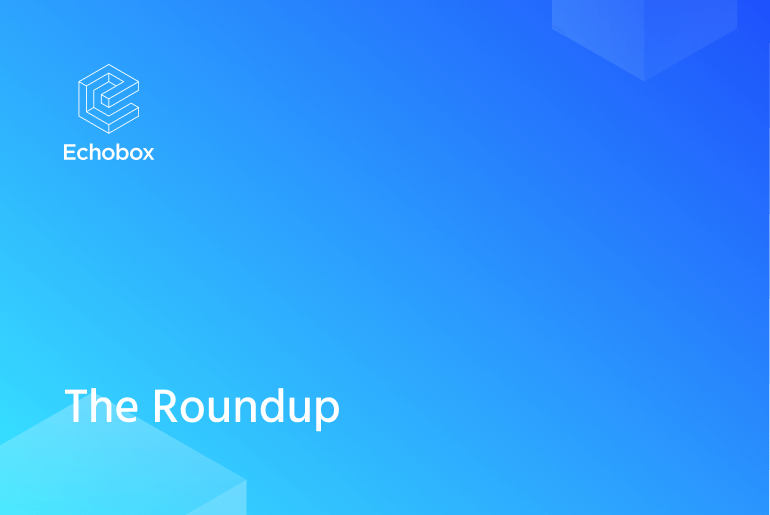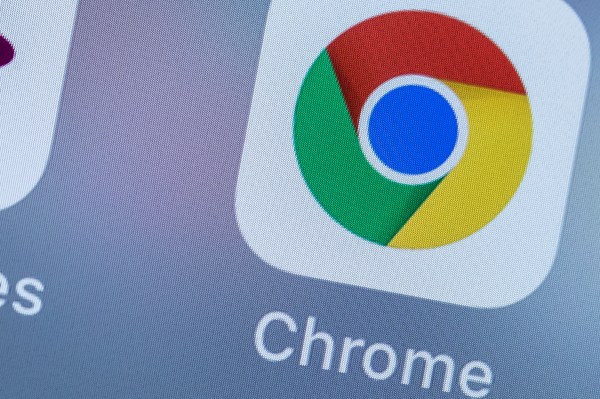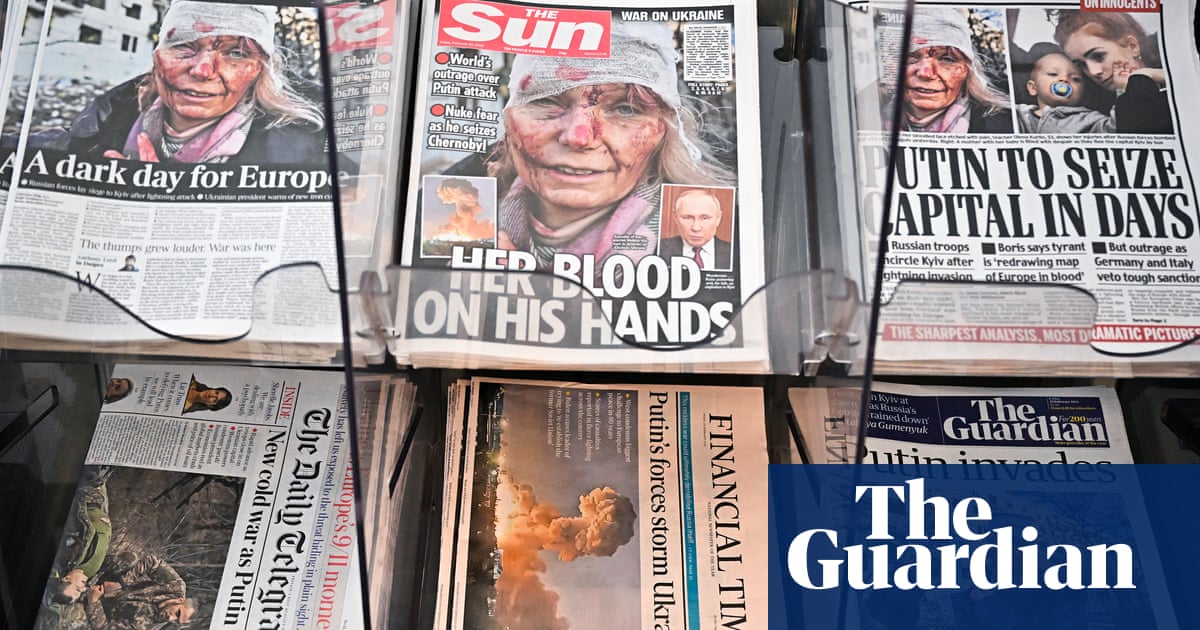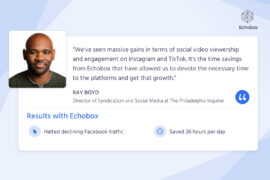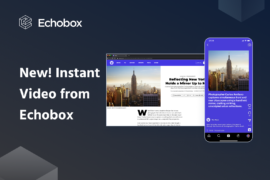In our new fortnightly feature, The Roundup, we’ll take you through some of the news stories that you might have missed in the last few weeks.
To stay up to date with all of our latest blog posts, case studies and white papers, make sure to fill out the form to your ➡️.
With the war in Ukraine causing social media companies headaches, hostile takeovers and exciting news from an Echobox customer with global designs, the news has been hectic recently. So, with that in mind, here’s a roundup of the articles that have caught our eye over the last couple of weeks.
News
So [takes a deep breath]: Elon Musk bought a 9% stake in Twitter (that’s 73,486,938 shares, for the curious amongst you), making him the company’s single largest shareholder, and then he was going to be appointed to the board, but then he wasn’t and then he got sued by former shareholders for not disclosing his stake in time, so now he’s taken the logical next step and has decided to try and buy Twitter for $43bn.
Fresh from being green-lit by the UK’s Competition and Marketing Authority (EU regulators are still to reach a verdict), Google’s proposed successor to the much maligned FLoC, Topics, is progressing to its latest testing stage – this time with an eye on ad relevance.
Topics labels a user with 5 ‘topics’ from a pool of 300, based on their browsing history over the last 3 weeks. When a user visits a site, a random selection of 3 of those 5 tags is shared with the site and, in turn, potential advertisers.
Theoretically at least, Topics will protect users’ privacy better than either cookies or FLoC, but its effect on Google’s already dominant position in the digital ad market will remain to be seen.
Analysis
The war in Ukraine is exposing the limitations of social media companies’ approach to content moderation.
As The New York Times reports, when the rubber hit the road, Meta’s internal moderation policies led to sometimes incoherent decisions on who has the right to say what, where, and the limits of hate speech in the midst of violent conflict.
What recent world events have affirmed, once again, is the public’s immense appetite for reliable, trustworthy news. The Guardian writes that this demand has generated strong results for publishers, especially with digital ads and subscriptions, but this growth may not be as robust as it seems.
Industry
French media institution (and Echobox customer) Le Monde has been at the forefront of innovations surrounding digital subscriptions over the past few years. But over 90% of those subscribers are in France. Now the paper is setting its sights on an international audience, with the announcement that it plans to publish around 70 English-language articles a day in addition to an international newsletter.

And finally, paywalls. What’s New in Publishing reports that US business publication Quartz has decided to drop its paywall for the majority of content, due to sluggish subscription growth. Conversely, The Guardian, perhaps the most successful membership-driven, free-to-read newspaper has decided to pilot a paywall for users of its news app, while keeping the website free. It just goes to show that experimentation with monetizing content will continue for a long while to come.
